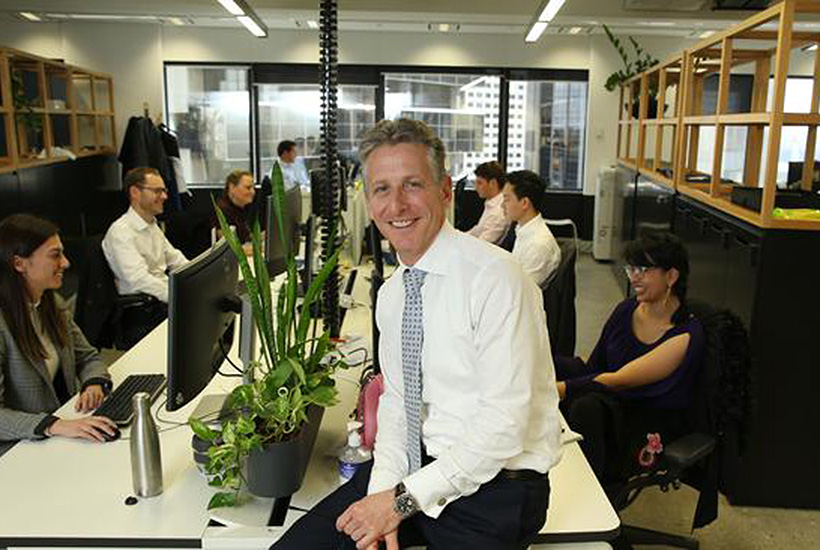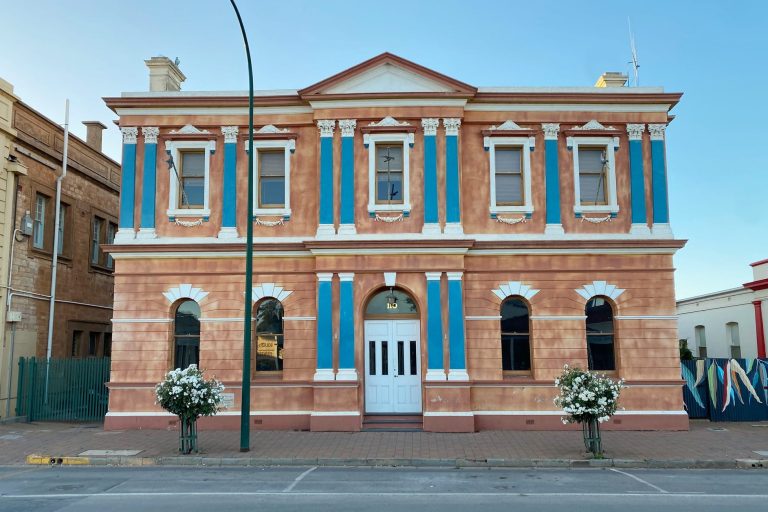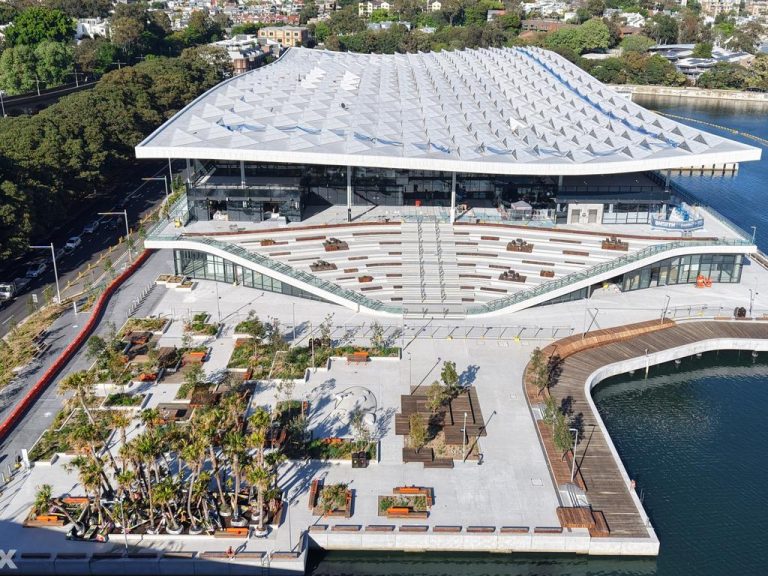Property companies call for ‘level playing field’ for foreign investors

Major property companies have called for recognition of the crucial role of foreign investment, after a tightening of rules earlier this year had a “chilling effect” on commercial deals.
Big players including Charter Hall, Dexus and US private equity company Blackstone handle billions of dollars in offshore pension money and cited strong interest in Australia due to its handling of the coronavirus crisis at a property event on Tuesday.
However, Blackstone head of real estate, Australia, Chris Tynan said tougher rules introduced in March had a “chilling effect” on foreign investment as the Morrison government dealt with the breaking health crisis.
Now, he said, FIRB processes needed to become more efficient and he called for a lift in the zero dollar threshold, suggesting a change back to pre-crisis levels.
“It depends very much on asset classes,” he added, with FIRB concerned more with sensitive areas, including data. “When we’re investing in office buildings, or sheds, or shopping centres, they should be categorised as a safe investment.”
Tynan suggested a “green lane” for such assets, using a much higher threshold to ensure offshore players were still keen on Australia.
“If we leave the settings where they are … there will be some impact or reticence for international capital to come to the country,” he said. “Mostly because they’re worried that they’re not going to be able to compete with the domestic capital, which doesn’t have that requirement on them.”
The Blackstone boss, who manages a $12bn local empire, said offshore investors wanted “Australia being at least a level playing field with whoever the domestic competition is”.
“I think if we can get into that balance with FIRB worrying about sensitive industries, sensitive assets – data centres, agricultural land and the like – but leaving the run of the mill real estate in a different regime, I think that could work well … hopefully we can get there with the federal government.”
Dexus chief executive Darren Steinberg added that there was a “competitive environment for capital and talent”. ”Once we’re through COVID-19, that’s going to start up again, and we’re competing against some pretty serious countries; Singapore, Hong Kong, the US is going to fire up,” he said.
Steinberg said Australia had to be competitive to the best of its ability and the initial FIRB rules had been amended so they no longer affected leases by foreign companies.
Charter Hall chief executive David Harrison said tougher rules sent some “pretty interesting” messages to offshore capital and backed calls for dollar limits to be lifted on commercial real estate classes. But he noted that FIRB had quickly dealt with the company’s acquisition of an Aldi logistics portfolio.
“There’s a sensitivity – doesn’t matter where the foreign capital comes from – about people coming in and buying what limited amount of industry and manufacturing we’ve got in this country,” Mr Harrison said.
“In the commercial property market I think there’s probably less sensitivity. But it’s really hard to be prescriptive and say, it applies to some and not the others, so I think their sort of blanket approach was pretty well the only way to do it.”
However, he warned extra charges were seen as a “foreign stamp duty” by foreign capital, as were the “draconian” additional land tax measures implemented by states governments.
This article originally appeared on www.theaustralian.com.au/property.







